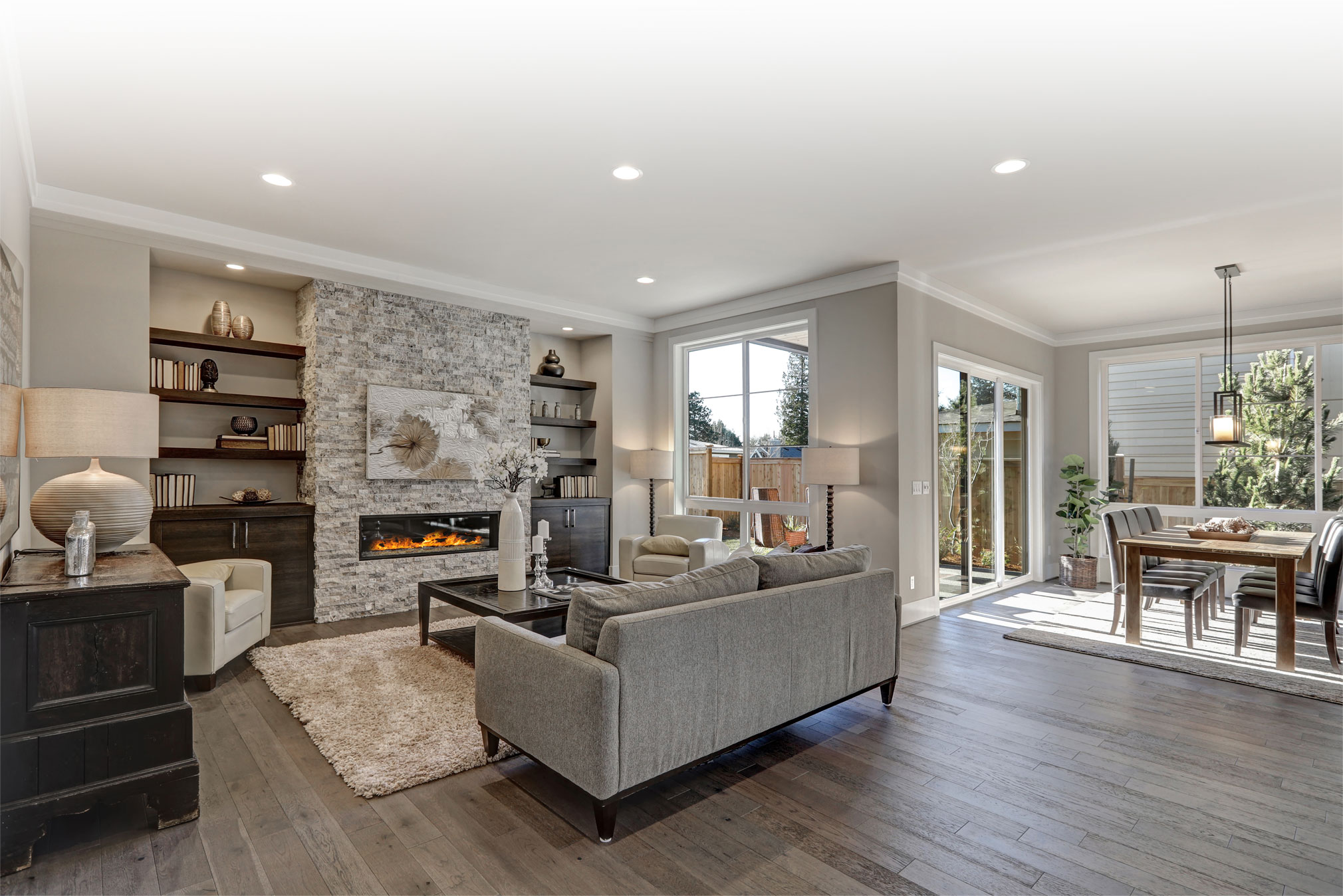Renting: For Potential Tenants and Potential Landlords
{April 12, 2013}—To rent or not to rent? That is the question, for both potential tenants and potential landlords. Both parties are receiving varied advice on how to proceed with the rental market. I have pooled some resources and come up with a list of benefits to renting.
Benefits of Renting—Tenants
1.) Home ownership is not for everyone.
Particularly when not prepared for it (i.e., down payment, emergency funds), home ownership can be financially dangerous and is not always an investment. For example, in addition to being able to afford the mortgage payment, home owners must also be financially prepared for the taxes and the insurance on the property. Renting takes this out of the picture for tenants. Additionally, home owners’ insurance is significantly more expensive that renters’ insurance; one less financial burden.
2.) Renting offers flexibility.
Home ownership represents a long-term commitment. Renting typically includes only a 12 month commitment, depending on the length of the lease. Potential tenants may not be prepared to tie themselves to one particular area for 15-30+ years. There may be factors such as job stability and location to factor in as well.
3.) Minimizes repair and upkeep responsibility.
This again ties into the financial responsibility of owning a home. In a rental situation, you are no longer responsible for the cost of every repair or upkeep concern that comes along. Most of the time, the landlord is going to be responsible for maintenance of the home, which sometimes includes lawn maintenance or pest inspections, in addition to more major concerns such as replacing the roof, broken appliances, etc.
Benefits of Renting—Landlords
1.) Rental income cash flow.
The average landlord can earn approximately $100-$200 per month from rental income, though this can depend on the upkeep of the home. This is considered a short-term benefit to waiting to sell your home upon market improvement.
2.) Tax deductions.
Tax deductions can be taken on costs such as mortgage interest payments and the cost of repairs for the rental property. These deductions can be significant for residential landlords.
3.) Property appreciation.
As with rental income, there are also more long-term benefits from renting out your home while waiting to sell. With the market upswing, a higher profit can be achieved from being patient with the market and renting out your home while waiting to sell. Landlords will see a higher return on their investment.
With a property management company, many of the “cons” of becoming a landlord or tenant can be reduced or eliminated. Maintenance and upkeep is managed by the property manager; tenants can contact the property manager and the landlord can depend on them for sending out the appropriate vendors for the issue. Property managers can also be relied upon for their knowledge and experience regarding rental laws, habitability issues, finding the best possible tenants, collecting rent, etc. This can be overwhelming for inexperienced landlords and a potential source of litigation. Working with a property manager ensures smooth communication, effective handling of concerns, and protection for both the landlord and the tenant.
Overall, renting should be considered a beneficial option, depending on your situation. Potential tenants and potential landlords alike can reap the short- and long-term benefits of renting in today’s market.
Information received from NOLO®.com, Forbes.com, and EverythingFinanceBlog.com.



















